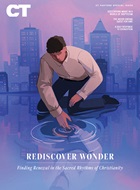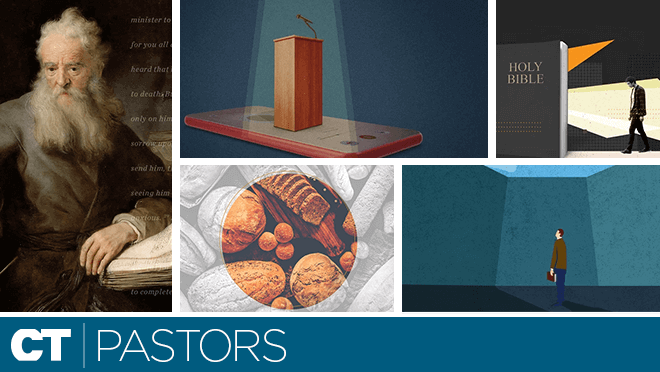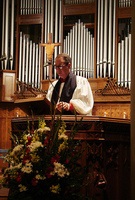According to data from the National Congregations Study (2006-2007), 38% of people in the United States associate themselves with liturgical churches (Roman Catholic, Lutheran, Episcopal, etc.); while 46% associate themselves with free churches (Baptist, Pentecostal, non-denominational, etc.). The 14% of people associated with Methodist and Reformed/Presbyterian churches sit atop this watershed—some sliding down the liturgical slope, others down the free church slope. Liturgical churches emphasize historical and global continuity in their worship services; whereas the term "free church" is related to the relative autonomy of individual congregations. Almost every heated discussion about the church tends to divide along these liturgical / free church lines.
Liturgical clergy see their role as being a faithful steward of historic Christianity. This consists especially of serving the Lord's Supper and preaching. Free church pastors tend to see their role as equipping their congregations ...
1
Support Our Work
Subscribe to CT for less than $4.25/month



























